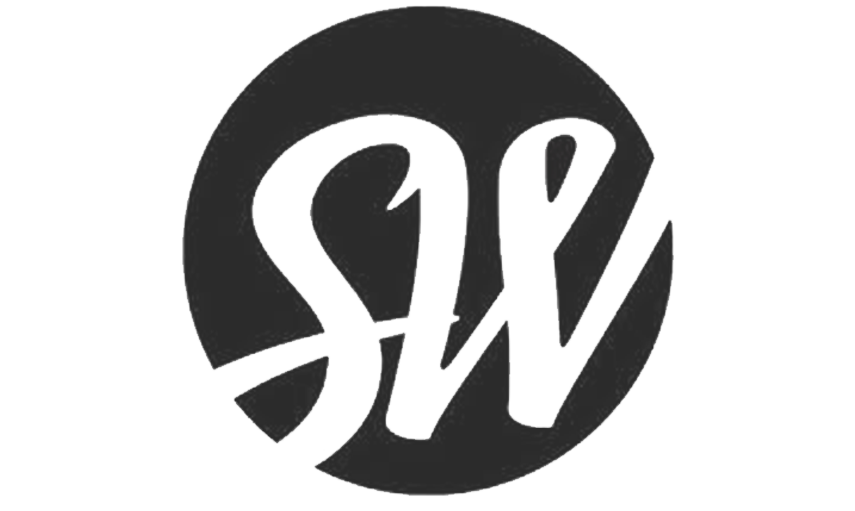Governor Gavin Newsom has recently signed a bill that expands employment discrimination protections under state law to cover an employees off-the-job cannabis use.
AB 2188 expands cannabis users’ rights to fight employer discrimination and prevents employers from firing or not hiring applicants due to positive cannabis tests.
Here’s What You Need To Know:
The California Fair Employment and Housing Act (FEHA) – which is California’s predominant civil rights law – currently protects employee rights “without discrimination, abridgment, or harassment on account of race, religious creed, color, national origin, ancestry, physical disability, mental disability, medical condition, genetic information, marital status, sex, gender, gender identity, gender expression, age, sexual orientation, or military and veteran status.” Under current law, recreational cannabis use outside of the workplace is not protected under FEHA or elsewhere.
AB 2188 expands the protections by making it unlawful for an employer to discriminate against an individual while hiring, firing, setting a condition of employment, or penalizing employees at work due to the individual’s use of cannabis off the job, or when an employer-required drug test finds non-psychoactive cannabis in the individual’s system.
Specifically, AB 2188 prohibits the use of drug tests that rely on finding non-psychoactive cannabis, as the California Legislature found that these tests do not reflect the individual’s impairment, but rather an individual’s cannabis usage. This means that employers will be prohibited from firing employees or denying applicants job positions if drug test results merely detect cannabis metabolites in hair, blood, urine, or other bodily fluids.
AB 2188 will not take away an employer’s right to maintain a drug-free workplace. Employers may issue disciplinary actions against employees who possess, are impaired by, or use cannabis on the job.
This law does not apply to an employee in the building and construction trades, or for individuals applying for positions that require federal background investigations and clearance.
The law also does not preempt state or federal laws requiring employees to be tested for controlled substances, including laws and regulations requiring applicants or employees to be tested, or the manner in which they are tested, as a condition of employment, receiving federal funding or federal licensing-related benefits, or entering into a federal contract.
This new law will go into effect on January 1, 2024.
How To Prepare:
We encourage employers to review your current processes for drug and alcohol testing to see if they are compliant with this new bill.
If current methods rely on finding non-psychoactive cannabis metabolites, then begin to research and consider alternatives before the bill goes into effect. The availability of such tests may be limited and/or more expensive, so employers may need time to prepare.
We will continue to update you as we learn more about this new legislation.








